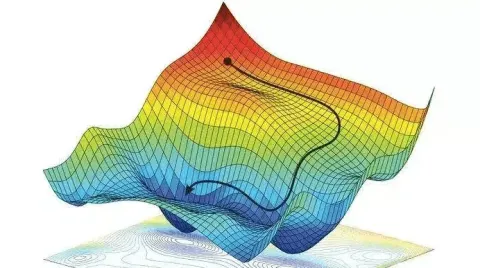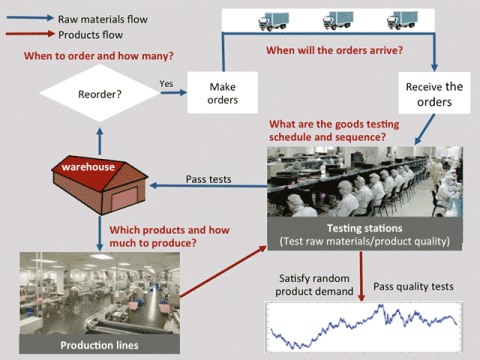 The Industrial and Systems Engineering (ISE) Department at Rensselaer focuses its research on applying the core disciplinary strengths of Industrial and Systems Engineering to both traditional and interdisciplinary applications. In general, ISE involves the application of mathematical, computational, statistical and information science methods to model, analyze, and solve complex decision problems in engineering, business, and social systems. It is distinctive from management and economics in the use of an engineering approach to design and analyze enterprise processes to optimize system-level performance. It is distinctive from computer science in its focus on the design of data and knowledge systems as the organizational nerve center where operations and enterprise systems are integrated.
The Industrial and Systems Engineering (ISE) Department at Rensselaer focuses its research on applying the core disciplinary strengths of Industrial and Systems Engineering to both traditional and interdisciplinary applications. In general, ISE involves the application of mathematical, computational, statistical and information science methods to model, analyze, and solve complex decision problems in engineering, business, and social systems. It is distinctive from management and economics in the use of an engineering approach to design and analyze enterprise processes to optimize system-level performance. It is distinctive from computer science in its focus on the design of data and knowledge systems as the organizational nerve center where operations and enterprise systems are integrated.
In recent years, the two signature themes of Disaster Response and Adaptive Supply Chains have been a part of multiple faculty members' research activities. Our research in disaster response has been funded through the National Science Foundation and the Department of Homeland Security. Our research in adaptive supply chains has bend funded through the National Science Foundation, Office of Naval Research, and industry. Our faculty apply a variety of ISE tools to these critical application areas including, but not limited to, optimization, simulation, applied statistics, human factors and cognitive engineering. An overview of each of these areas is provided below and you can follow the links to access discussions on some example projects within each of these themes.



